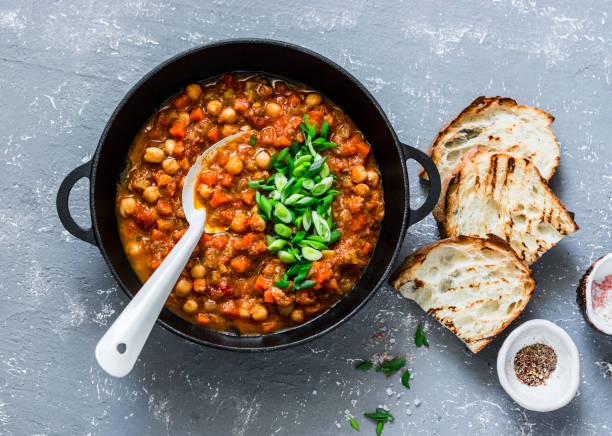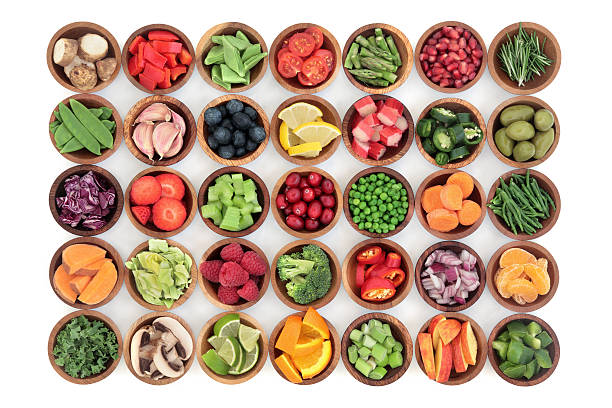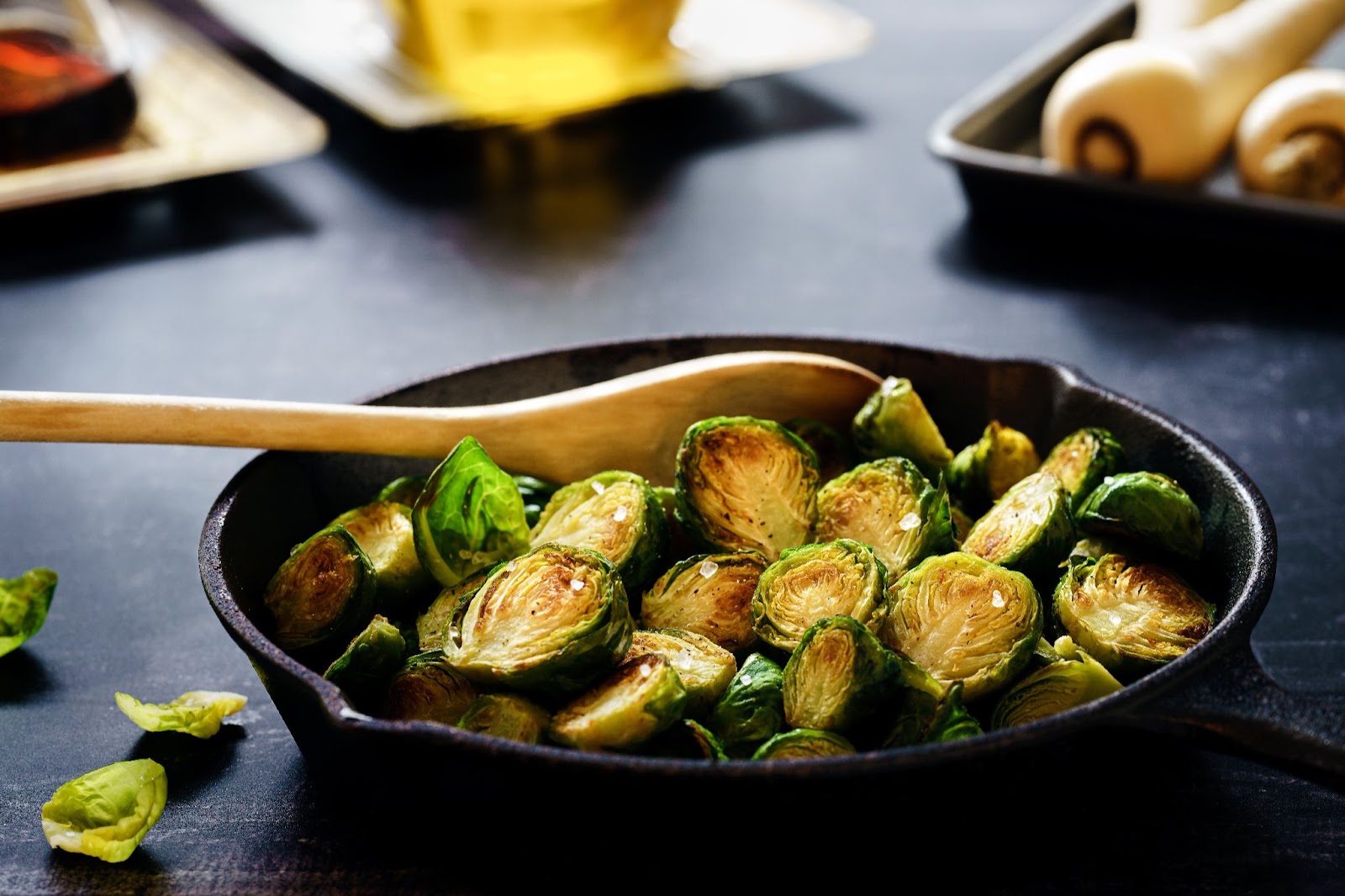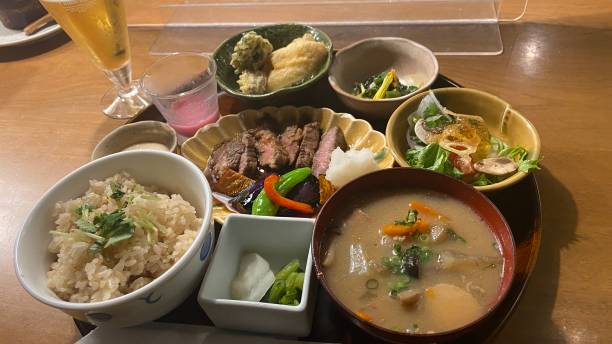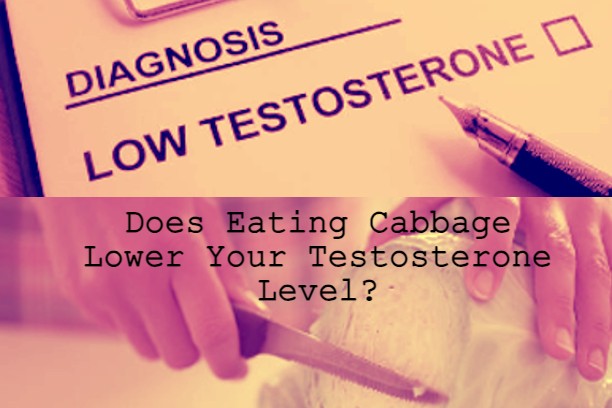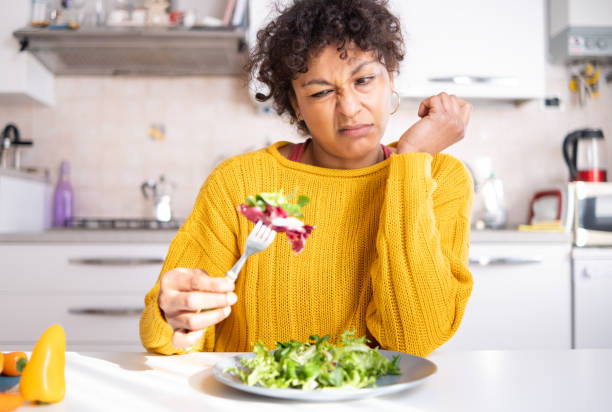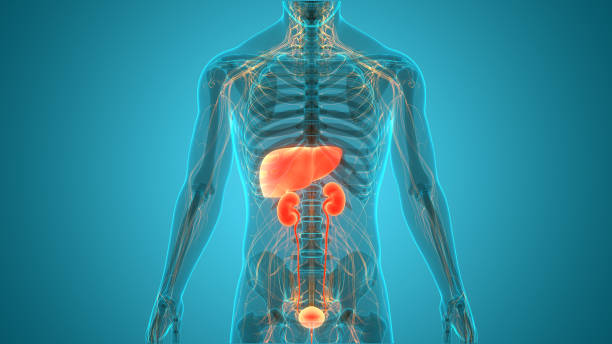
Are beans easy to digest? This question has intrigued many, especially those who are health-conscious or are following specific dietary regimens. Beans, a staple in many cuisines around the world, are known for their rich nutritional content and numerous health benefits. However, their reputation for causing digestive discomfort has led to a debate about their digestibility.
In this article, we delve into the scientific evidence to answer the question: Are beans easy to digest?
Table of Contents
The Digestive Process: A Quick Overview
Digestion is a complex process involving the breakdown of food into smaller, absorbable components. It starts in the mouth, where enzymes begin breaking down carbohydrates. The food then travels through the stomach and small intestine, where further breakdown occurs with the help of stomach acids and various digestive enzymes.
Are Beans Easy to Digest?
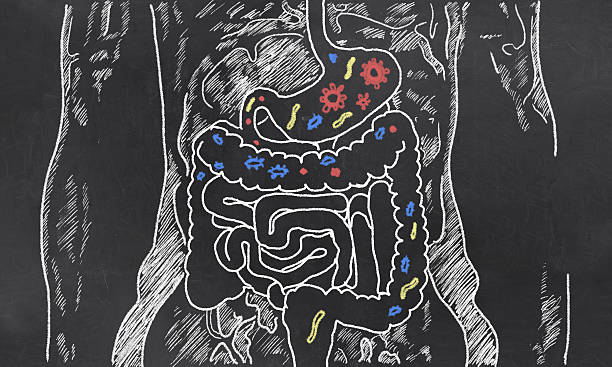
The answer is Yes. Legumes, which include beans, lentils, and peas, are rich in nutrients such as protein, dietary fiber, vitamins, and minerals. They also contain compounds like phytates and oligosaccharides, which can hinder the digestion process and potentially lead to bloating and gas for some individuals.
Scientific studies have shown that the digestibility of beans varies based on factors such as cooking methods and individual tolerance. One study published in the Journal of Food Science examined the digestibility of black beans and found that cooking them significantly improved their digestibility. The cooking process breaks down complex carbohydrates and reduces the levels of anti-nutrients, making the beans more easily digestible.
The Role of Cooking in Digestibility
Cooking plays a crucial role in increasing the digestibility of beans. Raw beans contain enzyme inhibitors and lectins, which can interfere with the digestive process. These compounds are reduced or inactivated when beans are properly cooked. Soaking the beans before cooking can further help in reducing the levels of anti-nutrients and shorten the cooking time.
Moreover, cooking softens the tough cell walls of beans, making them easier to chew and digest. High-temperature cooking methods, such as boiling and pressure cooking, are particularly effective in breaking down complex carbohydrates and proteins, enhancing the overall digestibility of beans.
Enhancing Digestibility: Tips and Tricks
If you’re concerned about the digestibility of beans, there are several strategies you can employ:
Soaking
Soaking beans overnight before cooking can help reduce the levels of phytates and oligosaccharides, which contribute to digestive discomfort.
Proper Cooking
Opt for cooking methods like boiling, pressure cooking, or slow cooking. These methods effectively break down complex carbohydrates and anti-nutrients.
Gradual Incorporation
If you’re new to beans, gradually increase their consumption to allow your digestive system to adapt.
Enzyme Supplements
Some individuals find relief by taking enzyme supplements that aid in digesting complex carbohydrates and proteins.
Herbs and Spices
Adding herbs like cumin, fennel, and ginger to bean dishes can help alleviate digestive discomfort.
In Conclusion
Are beans easy to digest? The answer is always Yes. Proper cooking methods, such as boiling or pressure cooking, significantly improve the digestibility of beans by breaking down complex carbohydrates and reducing anti-nutrients. Soaking beans before cooking further enhances their digestibility.
Beans are undeniably a nutrient-dense food source, offering a plethora of health benefits. However, for individuals who experience digestive discomfort when consuming beans, employing strategies like soaking, cooking, and gradual incorporation can make a substantial difference.
So, the next time you ask yourself, are beans easy to digest? Rest assured that with the right preparation, beans can be a delicious and easily digestible addition to your diet.

